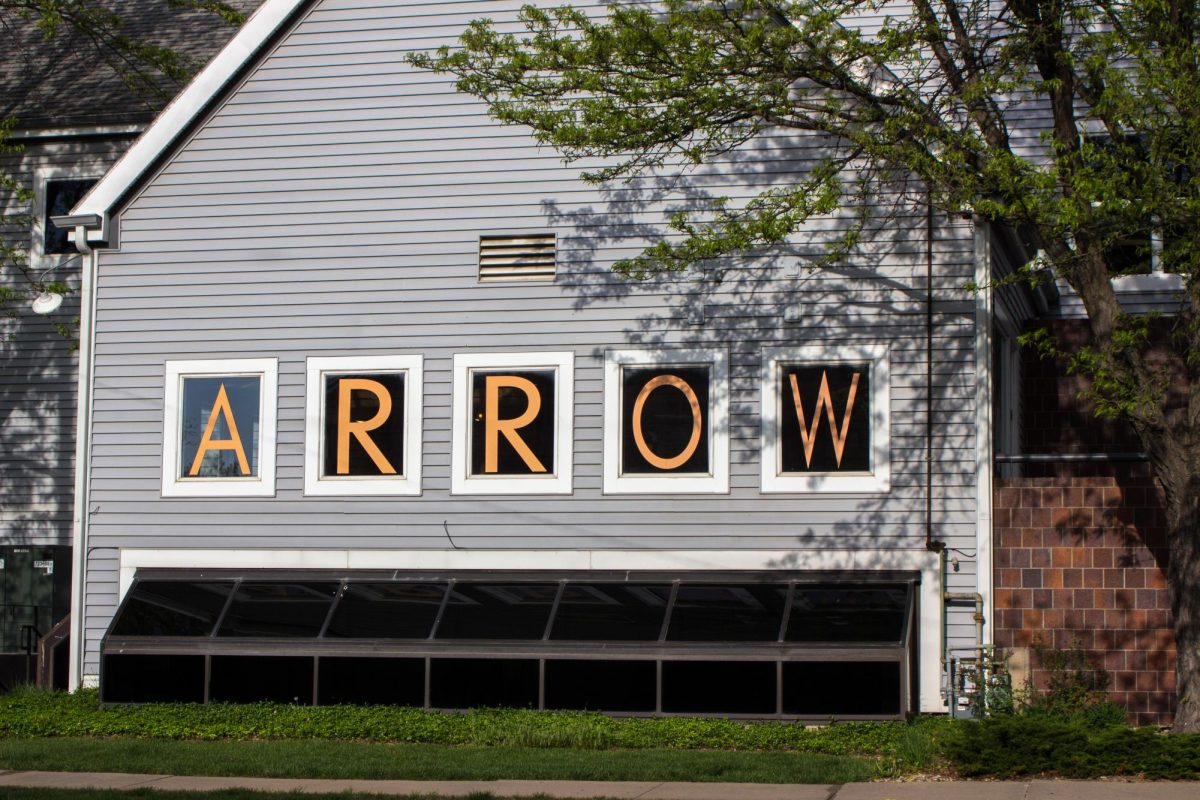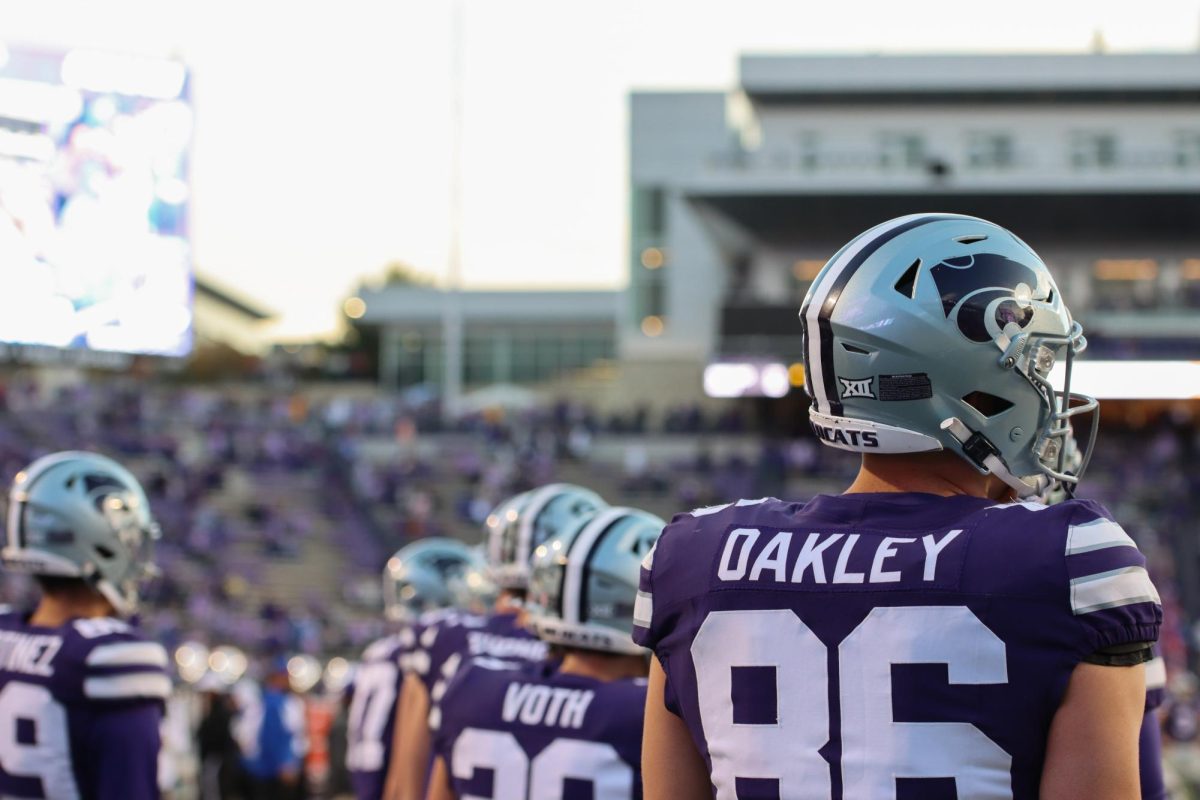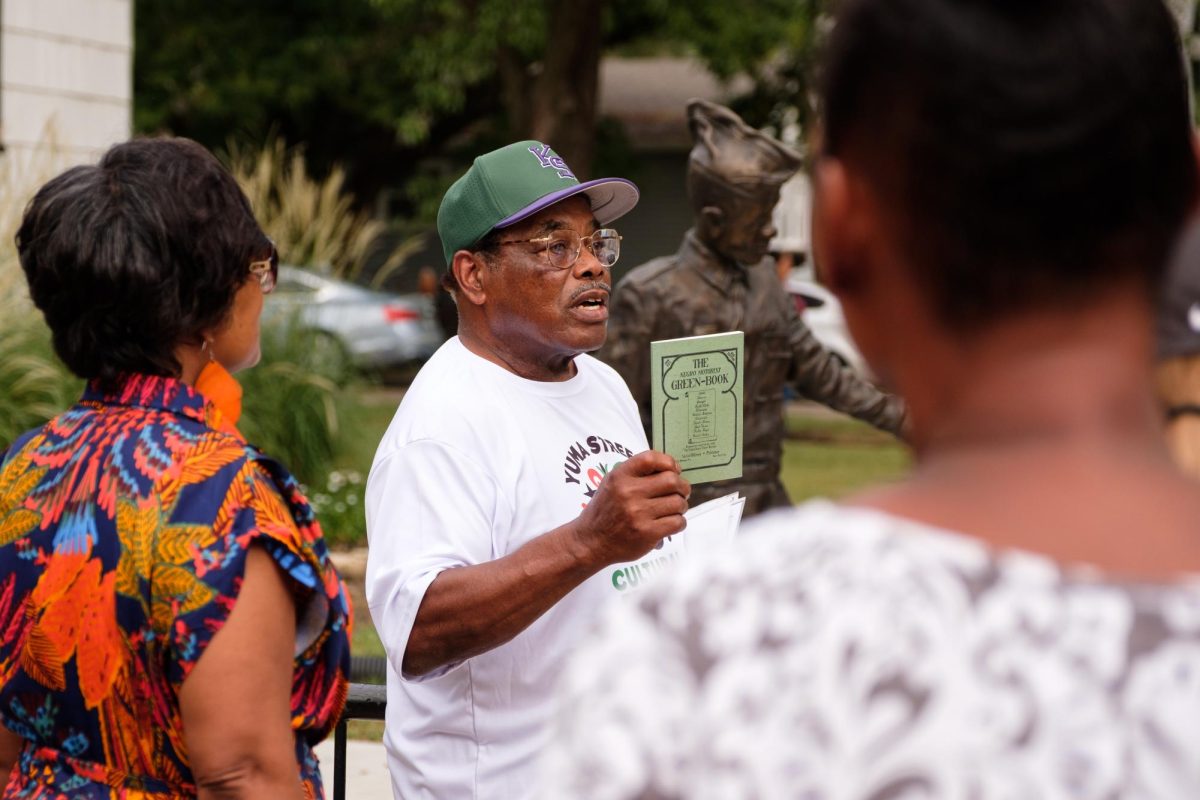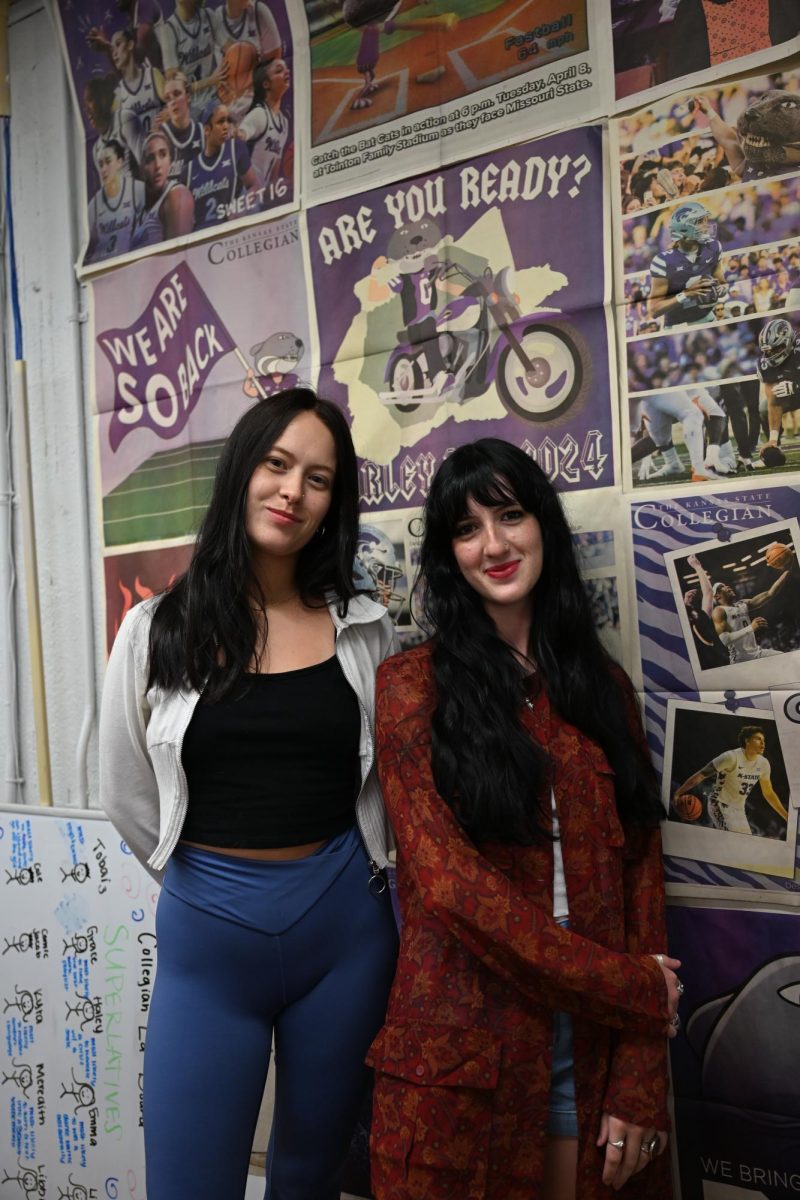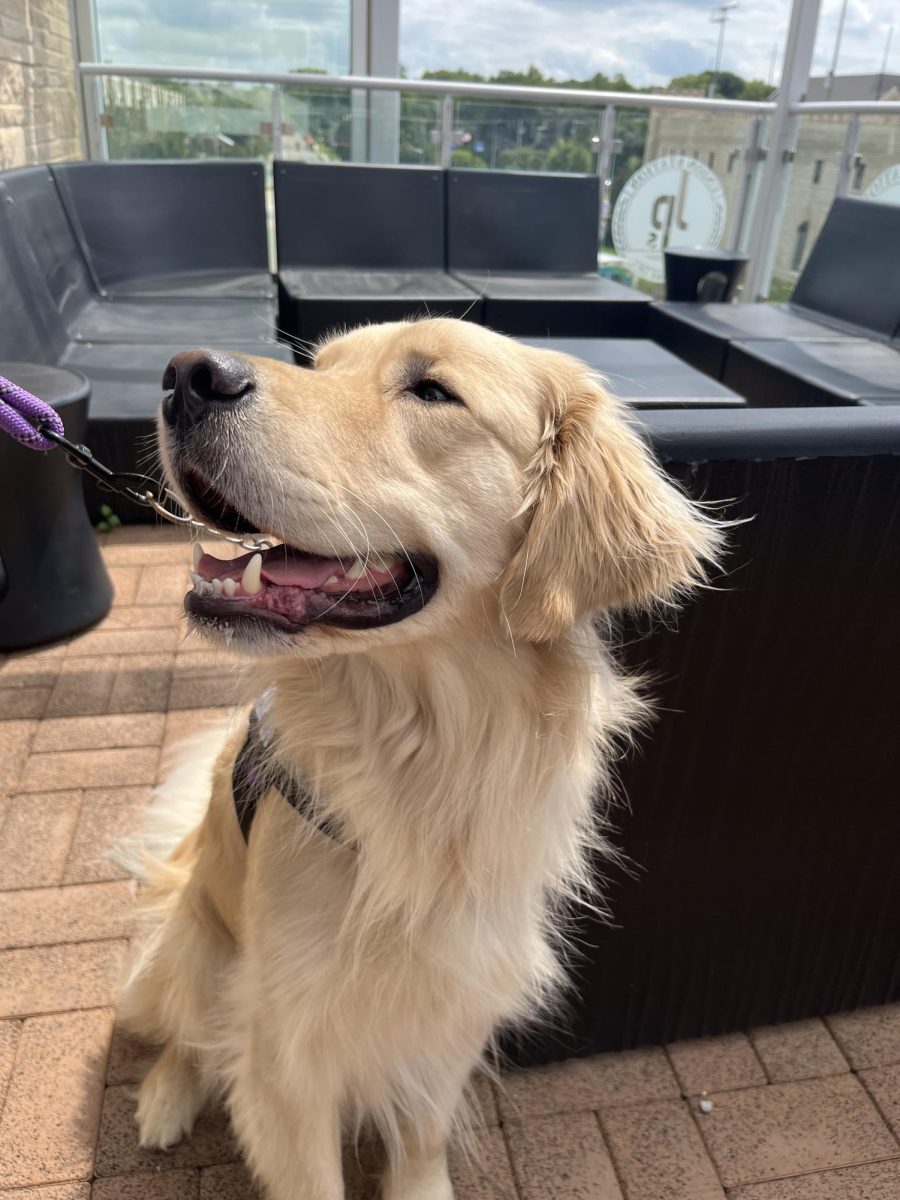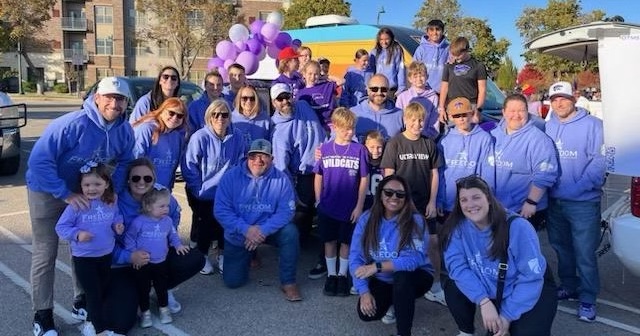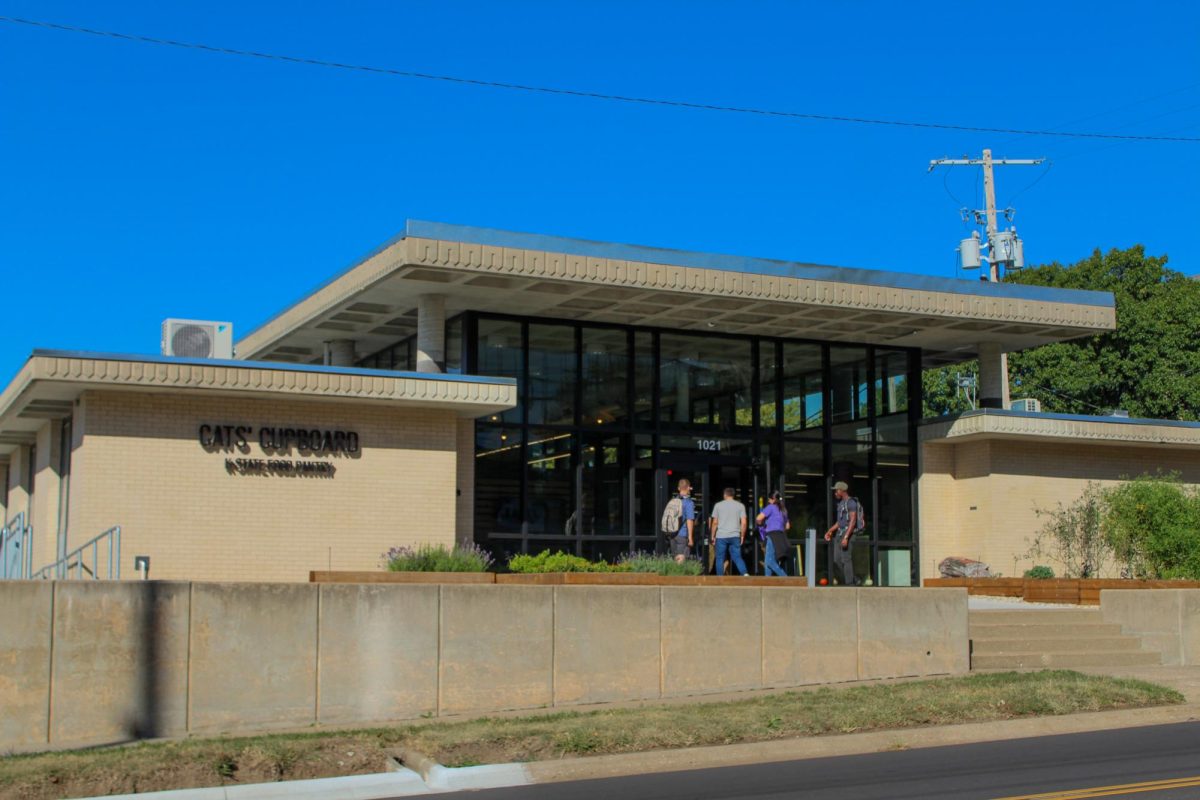Health care was never part of former Kansas State golfer Curtis Yonke’s original life plan. When the opportunity to transition from his job in insurance to mental health care presented itself, he leaped at the opportunity to return to Manhattan and provide an essential service.
Yonke has a long family history at K-State, with relatives who attended the college dating back to the 1960s. Inspired by his grandfather, pro golfer Jim Colbert, Yonke’s life revolved around golf.
“It took me a while to find my passion outside of golf, because golf was my one and only for so long,” Yonke said. “It taught me everything from respect and confidence and everything like that to just communication levels.”
After graduating from K-State, Yonke said he found himself on “the road less traveled.”
“I didn’t know what my passion was outside of golf, so I tried a few things,” Yonke said. “I’ve done everything from financial planning to insurance world to behavioral health. … It’s been really cool to find my passion in the behavioral health avenue.”
Yonke was working in insurance when the opportunity to lead Freedom Behavioral Health Solutions at Manhattan Medical Center appeared.
“… [I] was asked to transition to help take on that role, plus run from the side of a company, and so I leaped at it, thinking, ‘Okay, bringing me back to Manhattan would be a great opportunity for me and my family,’” Yonke said.
Freedom Behavioral Health Solutions opened Jan. 29, and Yonke said his goal is to provide the best care possible at all of its locations.
“I hope to look back in five to 10 years and say I opened a successful business, and that it’s thriving, and that we’re doing really, really well, and that we are helping people every single day,” he said.
Yonke said Freedom Behavioral Health Solutions’ mental health treatments go beyond medical management or therapy.
“Those things are wonderful [and] they’ve been around forever,” Yonke said. “We do a couple other treatments, one called transcranial magnetic stimulation, and it uses high-powered magnets to treat areas of depression. And so it’s a way for people that have had side effects to medication; don’t like medication, to get better without meds; or have the opportunity to get better and lessen their meds.”
Yonke said it’s okay if students about to graduate are unsure what they want to do.
“The unknown can be scary,” Yonke said. “It can, but that can also be one of the beautiful things about life. It’s cliche. It really is. But life is so much more about what you know, and so I would encourage anybody that doesn’t know what they want to do … [to] meet people. Because when you go out and meet people, that’s where opportunity can present itself.”
















